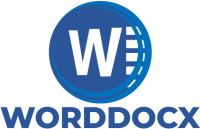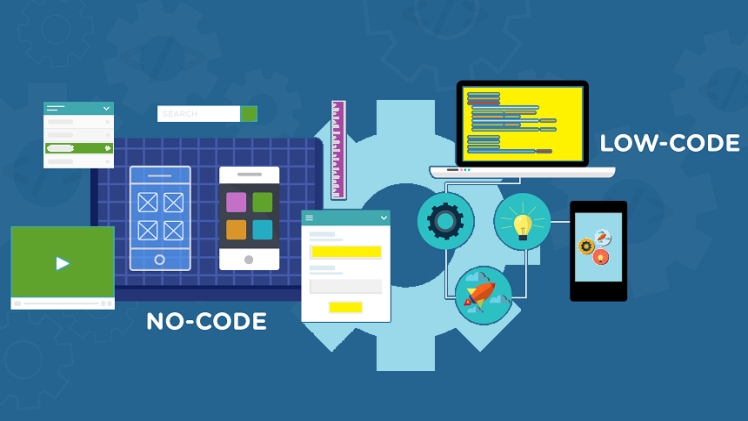Today’s business needs a fast and robust application delivery process that includes the latest technologies and tools for delivering business applications, but the traditional software development processes are slow and tedious. Traditional software application development processes include extensive manual coding and repetitive tasks and therefore need to be optimized for time efficiency and security. However, Legacy application modernization platform benefits for enterprises including Application Server, Application Service Provider, as well as Microsoft Project and Office are limited in their capabilities for high performance, security, scalability, and robustness.
With the introduction of latest technologies such as Java, XML, and web services, the old process of application execution has been completely eradicated. The new platform technologies provide fast application delivery with improved security along with improved quality. With the help of web services an application can be easily customized and driven with its own logic and tailored to fit the exact requirements of the client. To meet the growing requirement of enterprises today, a top low code application development platform can be easily developed using the latest tools.
With a top down development process, developers get to enjoy the best of agile and waterfall methodologies without compromising the speed, reliability, scalability, and robustness. Moreover, it enables easy integration with other application development platforms and thus reducing the development cost. However, all these benefits are provided at very reasonable prices by leading service providers. As compared to the benefits of Rapid application development platform, the latest technologies offered by these application development platforms have several advantages over the older versions. Here is a list of some of these advantages:
Rapid Application Delivery:
Development platforms like Joomla, Drupal, WordPress, and Magento have an easy-to-use drag and drop mechanism. They provide real time application deployment to make the application bug free. Furthermore, the platform also delivers continuous integration facilities so that the developers get to integrate the newly modified code on-site quickly. These platforms improve the time taken for software maintenance considerably and make the application live and running on time.
Scalable:
There are multiple server-side technologies available on the Joomla platform. The platform comes with a set of extensions that can be easily installed on Joomla itself. These extensions include the popular plugins such as EasyApache, HttpsGuardian, and SecureXML among others. With such a huge choice available, it becomes easier for organizations to select from different technologies and customize the system.
Extensive Documentation:
Companies can rely on the comprehensive documentation provided by the application development platforms. This helps the developers to understand the functionality of the system and how it can be used effectively for their needs. Along with the features, the documentation also provides tips and tricks that help the novice developers to get started easily without any issues. Mendix vs outsystems vs powerapps vs wavemaker alternatives you can choose by yourself.
Support:
Companies need not hire an IT professional to manage their solutions on the Joomla platform. The developers are available for assistance round the clock. Companies can get the necessary support to handle the problems even when they are in the process of developing new applications. Furthermore, the platform allows for easy application integration. This means that the developers need not wait for the integration tests to be completed after the modification process has been carried out.
There are many more benefits provided by the application development platform. However, it is important for organizations to evaluate each of these benefits and choose the one that best suits their needs. It is also important to choose the one that is supported by the organization. It is recommended to go for open source options to save money.
Cost:
Before choosing a platform for application development, organizations should estimate the cost of the platform and compare it with their budget. In addition, companies should be clear about the estimated time frame for the project. With this information they will be able to know the cost involved for the entire project. However, choosing a Joomla-based platform is always better because of the built-in scalability of the platform. Furthermore, it is easy to upgrade the features with time and therefore the organization will not need to invest in new hardware or software every year.
Performance:
This is one of the most important factors that need to be evaluated before choosing a platform. Users have various needs depending on their location and the kind of application they want to create. A Joomla-powered solution will be perfect for a person who wants to create an e-commerce site. However, if the user wants to develop a blog then a platform that supports Magento is required. It should be noted that when evaluating the performance of the application, Google Analytics should be used as it provides the complete information about the activity of the user.
Security:
One of the most important aspects for which a platform is chosen is its security. The organization should ensure that the application is safe from hackers who may attack the system at any point of time. To achieve this, specialized programmers should be hired for developing the application. These developers can be trusted and are experienced in the field. This experience will help them customize the application according to the organization’s requirements and make it more secure.

